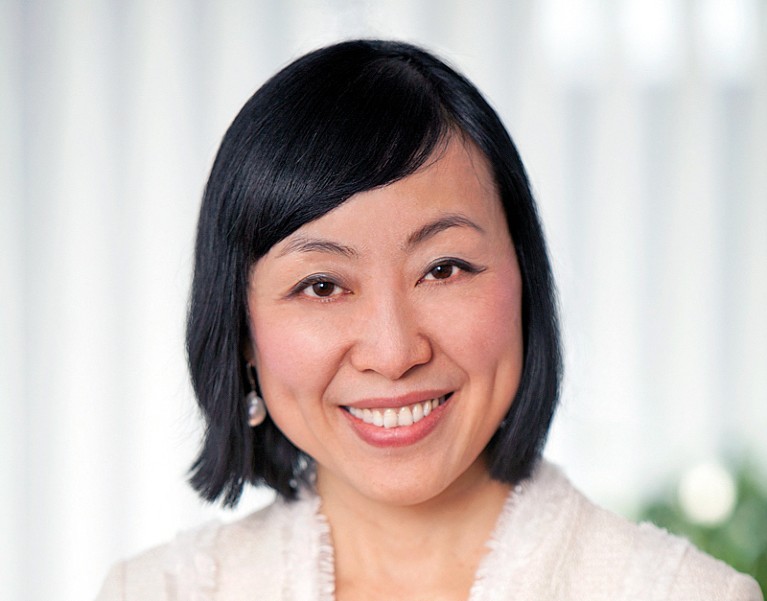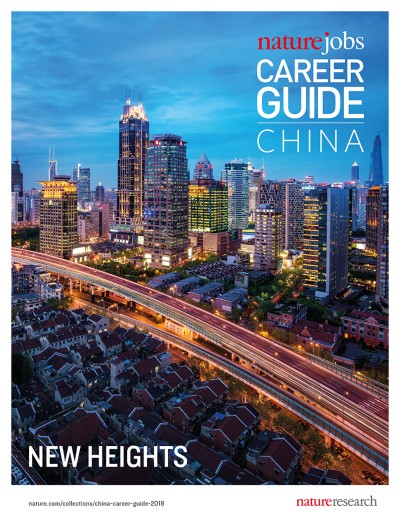
Lan Huang.
Why did you leave China?
I began my biology degree at Fudan University in Shanghai and transferred to the United States in my third year, in 1991. At that time, the government paid tuition fees and assigned you a job for five years after graduating. It was unlikely I would work in academia, and it was too long to be away from my research field, so I left.
Why did you move into biotechnology?
China joined the World Trade Organization in 2001, and I saw that as an opportunity. I borrowed money to start my own consulting firms in the United States and China. In 2010, I founded BeyondSpring, which is developing a drug to treat lung cancer and the effects of chemotherapy. We have offices in Dalian in northern China and New York. China has lots of high-quality data, which is a huge boost to our research.
How has China changed since you left?
It’s incredible. Every time I visit, something has changed. When I left, there were no elevators, no central heating. Certain foods were rationed. Now, living standards have improved hugely. In many respects, it feels no different to America.
What’s the difference between doing business in China and the United States?
Technically, they are increasingly similar. You can expect the same software, hardware, research methods and standards. The major difference is expectation. China is a developing country, and everyone is very commercially driven and practically minded. They want to get to the end fast. In the United States, it’s more science driven. They enjoy the journey.
This interview has been edited for length and clarity.


 Biotech booms in China
Biotech booms in China
 China’s plan to recruit talented researchers
China’s plan to recruit talented researchers





